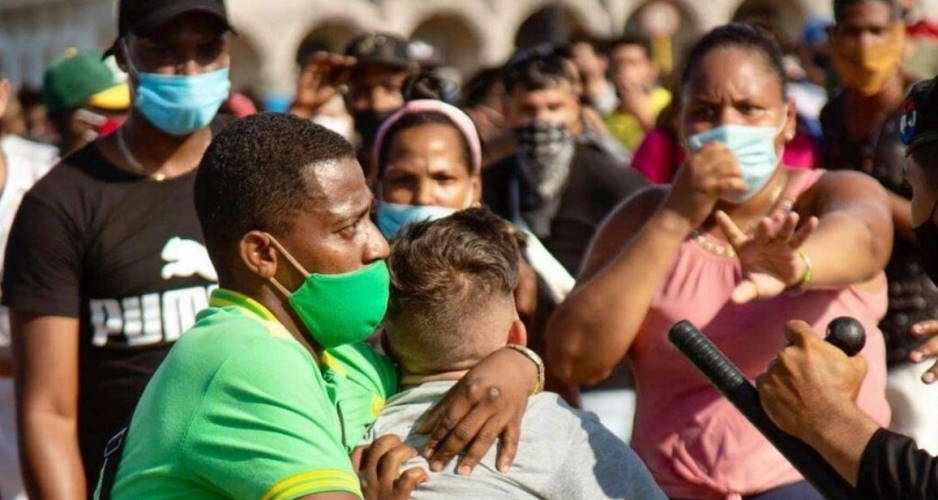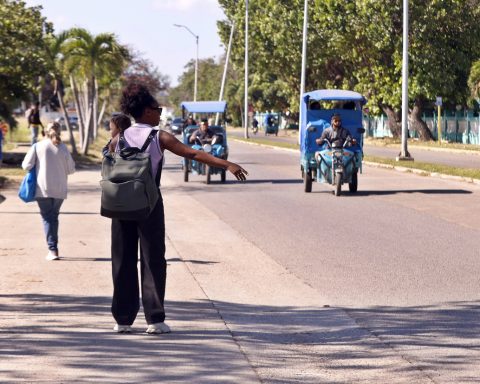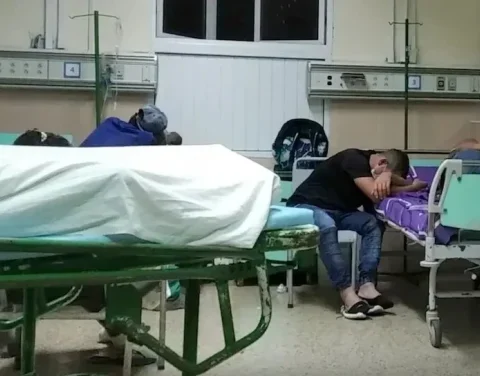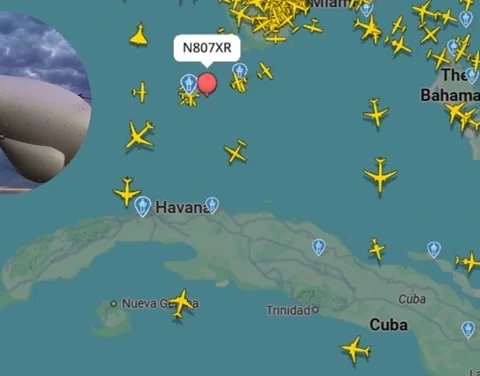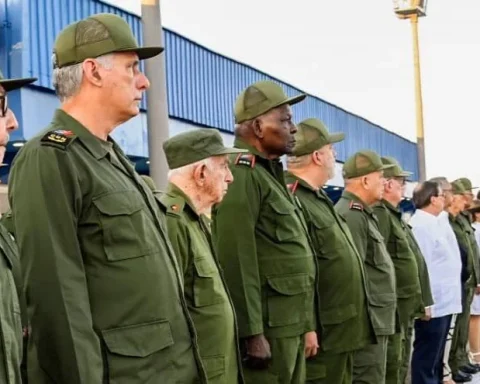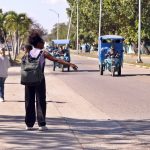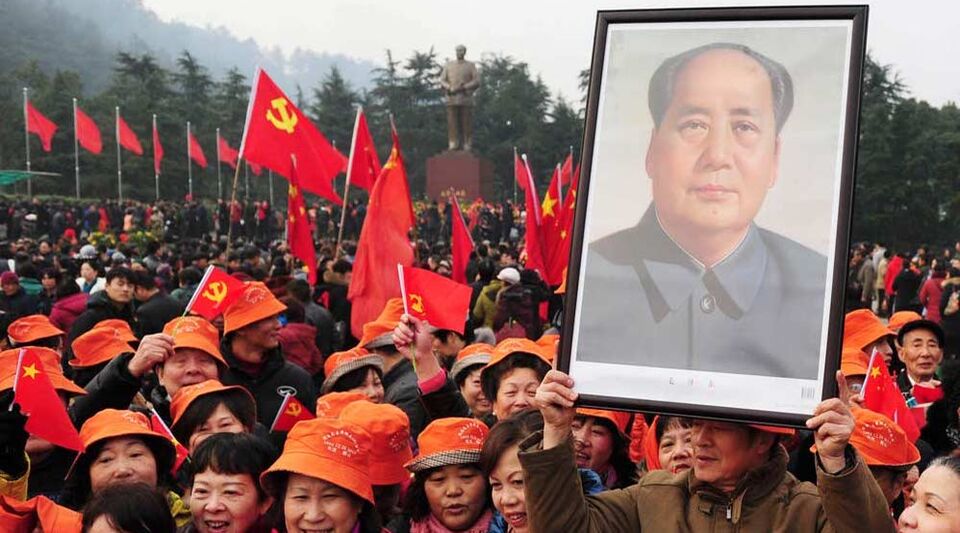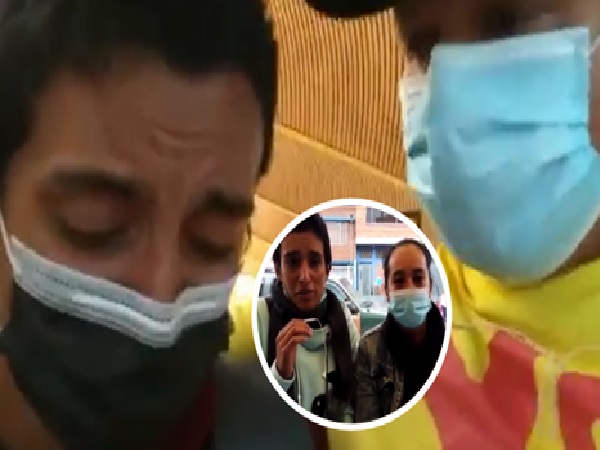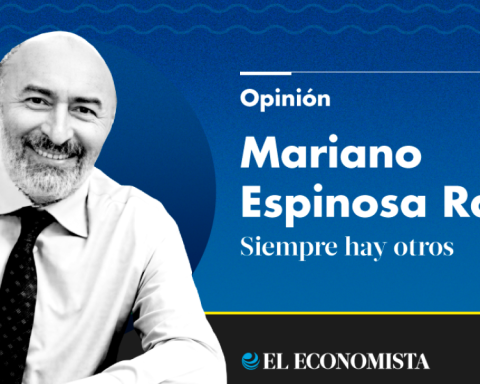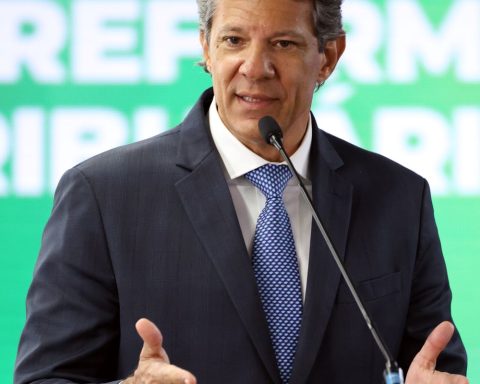Havana Cuba. — Independent journalism, since its inception in 1995, has never had an easy time in Cuba. But even more difficult times lie ahead. They will probably be even more difficult than they have been in the almost 20 years since the 2003 Black Spring crackdown, in which 22 of the 75 dissidents jailed and sentenced to long prison terms were journalists.
The dictatorship, reeling from the worst crisis it has had to face in its 63 years of existence, frightened by popular protests, is resorting to a very thick legalistic shield.
The new penal code of Nazi stench approved in May by the docile and invariably unanimous and applauding National Assembly of People’s Power —and which is not yet in force, but after being published in the Official Gazette it is as if it already were— criminalizes freedom of expression, assembly, association and peaceful demonstration.
In said law, which establishes the death penalty for 24 crimes, 32 are typified that threaten freedom of expression, even in cyberspace.
As if the infamous Law 88, in force for a quarter of a century, were not enough, now, under the new Criminal Code, independent journalists could be sentenced to up to ten years in prison for receiving financial or material resources from non-governmental organizations or international institutions or for what the regime wants to consider “activities against the State and its constitutional order.”
In recent months, the repression and harassment against opponents, but in particular against independent journalists, have intensified. Dozens of them have been forced to leave Cuba. Most of them are communicators, some of the newest in the business.
Recently, nine young reporters of the independent medium The touch, after being pressured by State Security, agreed to publicly renounce independent journalism. They argued that they did not want to continue putting their lives and those of their families at risk. Most likely, many, if not all, of them will soon leave Cuba.
I do not intend to judge the personal decisions of those colleagues, each one manages their fears in their own way and chooses their future, but many of us have been disappointed by how quickly they gave up. We don’t know what made them think their task would be easy and rewarding. The first bark of the repressors was enough for them to desist.
It seems that those created and nurtured by the first independent press agencies (Raúl Rivero, Manuel Vázquez Portal, Jorge Olivera, Tania Quintero, Mercedes Moreno, Tania Díaz Castro, Ricardo González) and those of us who left adding later.
There were always arrests, interrogations, threats, blackmail, confiscation of the means of work, acts of repudiation, beatings, sentenced to prison. But we do not give up, and that is why independent journalism, despite the regrets, was able to reach today.
Thanks to the initiators and those who succeeded them, these new batches of communicators were able to emerge outside of state control, who later, in most cases, were haughtily reluctant to acknowledge that debt, considering us the oldest in the trade too strident, conservative and unglamorous.
Independent journalism, which has proven to be tough, will survive. It doesn’t matter how many blows he receives from the dictatorship.
In every human endeavor there are people who make mistakes and don’t know how to rectify them and characters who wear sizes that are too big for them. And opportunists, fearful, incapable, swindlers. There were among the independent journalists of the early days, there were later and there are today. And also sneaks. By separating the wheat from the chaff, time will put everything in its place. Especially if it is a time of definitions, like the one we are experiencing today in Cuba.
Receive information from CubaNet on your cell phone through WhatsApp. Send us a message with the word “CUBA” on the phone +525545038831, You can also subscribe to our electronic newsletter by giving click here.
